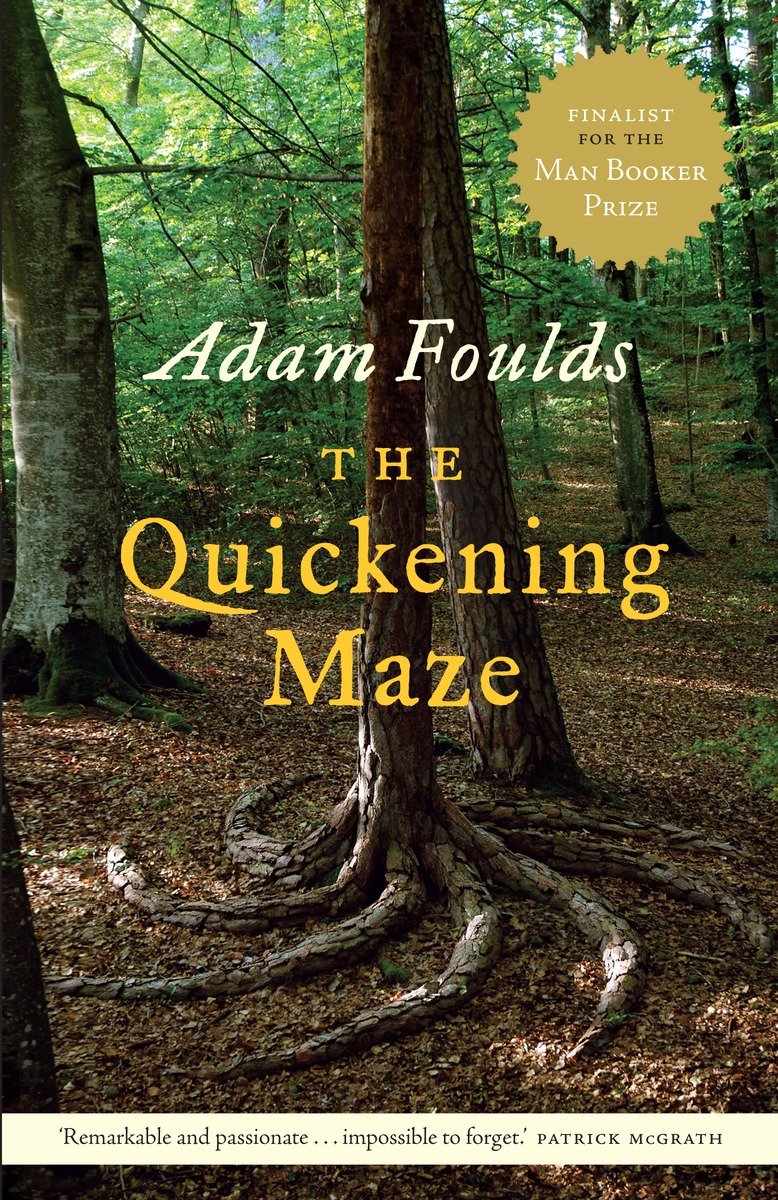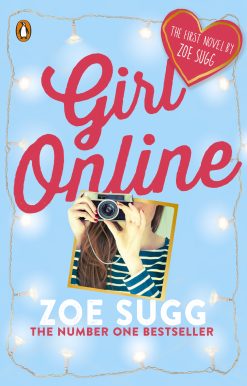The Quickening Maze
16.00 JOD
Please allow 2 – 5 weeks for delivery of this item
Description
Based on real events in Epping Forest on the edge of London around 1840, The Quickening Maze centres on the first incarceration of the great nature poet John Clare. After years struggling with alcohol, critical neglect and depression, Clare finds himself in High Beach Private Asylum – an institution run on reformist principles which would later become known as occupational therapy. At the same time another poet, the young Alfred Tennyson, moves nearby and becomes entangled in the life and catastrophic schemes of the asylum’s owner, the peculiar, charismatic Dr Matthew Allen.For John Clare, a man who had grown up steeped in the freedoms and exhilarations of nature, who thought ‘the edge of the world was a day’s walk away’, a locked door is a kind of death. This intensely lyrical novel describes his vertiginous fall, through hallucinatory episodes of insanity and dissolving identity, towards his final madness.Historically accurate, but brilliantly imagined, the closed world of High Beach and its various inmates – the doctor, his lonely daughter in love with Tennyson, the brutish staff and John Clare himself – are brought vividly to life. Outside the walls is Nature, and Clare’s paradise: the birds and animals, the gypsies living in the forest; his dream of home, of redemption, of escape. Rapturous yet precise, exquisitely written, rich in character and detail, this is a remarkable and deeply affecting book: a visionary novel which contains a world.
Additional information
| Weight | 0.26 kg |
|---|---|
| Dimensions | 1.78 × 13.04 × 20.27 cm |
| PubliCanadanadation City/Country | Canada |
| by | |
| format | |
| Language | |
| Pages | 272 |
| publisher | |
| Year Published | 2009-11-3 |
| Imprint | |
| ISBN 10 | 0307399109 |
| About The Author | Adam Foulds was born in 1974. He took a Creative Writing MA at the University of East Anglia and now lives in South London. His first novel, The Truth About These Strange Times, was published in 2007 and his book-length narrative poem, The Broken Word, the following year. He was the winner of the 2008 Costa Poetry Award, the 2008 Sunday Times Young Writer of the Year Award, the 2008 Somerset Maugham Award and the 2007 Betty Trask Award. The Quickening Maze was shortlisted for the 2009 Man Booker Prize. |
"The Quickening Maze confirms Foulds as one of the most interesting and talented writers of his generation."— Peter Parker, The Times Literary Supplement"This is a novel that sees its varied cast of compelling characters, all travelling their separate but interlocking journeys, as it sees the natural world-with a tender and scrupulous eye. What I love most about The Quickening Maze is its quietness, the silence that makes you lean in until you hear its lovely song."— Nadeem Aslam"Foulds's exceptional novel is like a lucid dream: earthy and true, but shifting, metamorphic-the word-perfect fruit of a poet's sharp eye and novelist's limber reach."— Tom Gatti, The Times (UK)"A remarkable and passionate book. The worlds it creates, the forest and the asylum, and the characters that inhabit them are drawn with a wonderfully strange poetic intensity. It is a wholly original vision, impossible to forget."— Patrick McGrath |
|
| Excerpt From Book | Prologue: The World's End He'd been sent out to pick firewood from the forest, sticks and timbers wrenched loose in the storm. Light met him as he stepped outside, the living day met him with its details, the scuffling blackbird that had its nest in their apple tree. Walking towards the wood, the heath, beckoning away. Undulations of yellow gorse rasped softly in the breeze. It stretched off into unknown solitudes. He was a village boy and he knew certain things. He thought that the edge of the world was a day's walk away, there where the cloud-breeding sky touched the earth at the horizon. He thought that when he got there he would find a deep pit and he would be able to look down into it and see the world's secrets. Same as he knew he could see heaven in water, a boy on his knees staring into the heavy, flexing surface of the gravel-pit ponds or at a shallow stream flashing over stones. He set off, down into the wide yellow fragrance. The wood he could collect on his return. Soon he was further from the village than he had ever been, furthest from the tough, familiar nest of his cottage. He walked quite out of his knowledge, into a world where the birds and flowers did not know him, where his shadow had never been. It confused him. He started to think that the sun was shining in a new quarter of the sky. He felt no fear yet: the sun lit wonders in a new zone that held him in steady rapt amazement. He did wonder, though, why the old world had not come to an end, why the horizon was no closer. He walked and walked and before he'd thought the morning passed, the light was thickening. Moths flittered under the bushes. Frogs fidgeted along the rabbit tracks and mice twittered their little splintery cries. Overhead trembled the first damp stars. It was the hour of waking spirits. Now he was afraid. He hurried around with a panicking heart and found behind him a splay of paths. By chance he got on the right one. As the darkness grew, gathering first in the bushes and trees, then soaking out from them, he found himself approaching his own village. At least it looked like his own village, but somehow the distance he'd travelled made him uncertain. It looked the same. It definitely was the same, but somehow it didn't seem right, in place. Even the church, rising over the wood, the church he'd seen every day as soon as he could see at all, looked counterfeit. Frightened, racing, like a lost bird he flung his light body towards what he hoped was home. His name. He heard his name being called. John! John! Jo-ohn! Village voices. He could put names to them all. He ran now, not answering, to his own cottage, feeling a tumult of relief as he approached. When he stepped through the open doorway his mother yelped at the sight and flew towards him. Her strong arms encircled him, her bosom crushed against his face. 'We thought you was dead. In the wood. They're out looking for you. We thought you was struck down by a falling . . . Oh, but you're home.' |
Only logged in customers who have purchased this product may leave a review.






Reviews
There are no reviews yet.